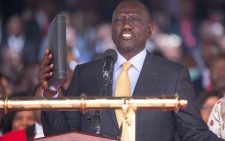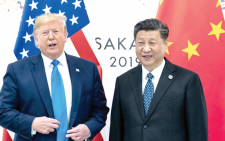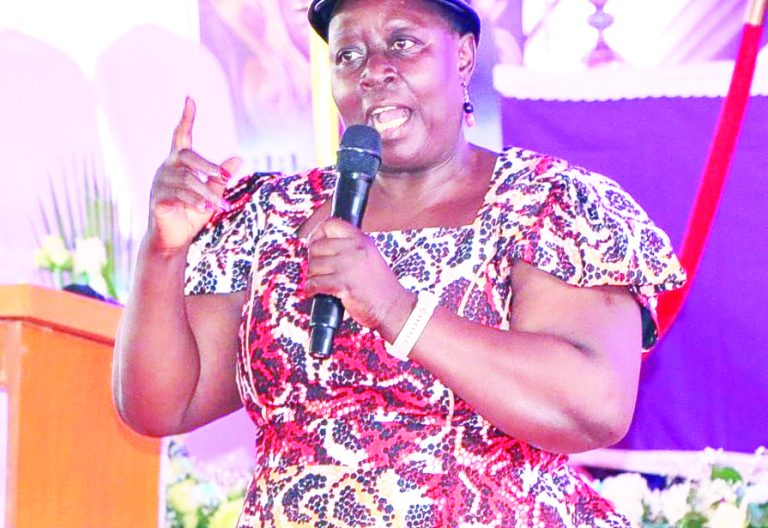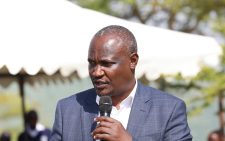Gospel singer Ole Willy makes the great comeback on the music groove
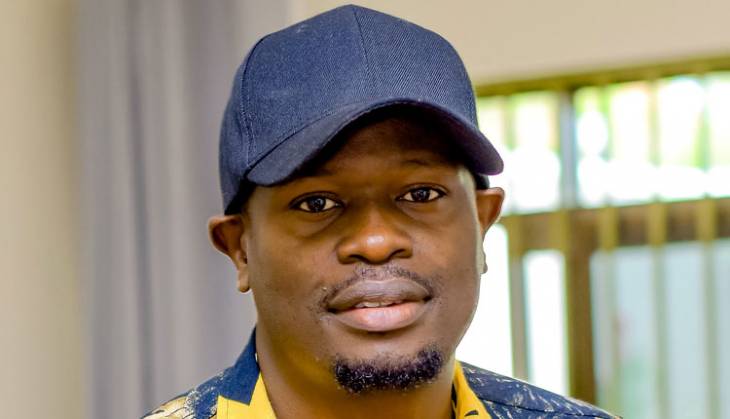
You’ve been silent for a while. What have you been up to?
I have been working as a corporate events manager for several East Africa-based companies.
My work with Safaricom’s M-Pesa Foundation and Absa Bank, among others also took me away from gospel music and the studio for a while.
I have also worked with Mo-Sound as the events activations manager, but now I am back!
What inspired your latest single Relax?
Relax is a song for everyone who is having or has had a tough time. I definitely experienced it during this Covid-19 season.
I had my own fair share of experiences and wanted to put it in music. I wanted to remind everyone including myself that God has not forgotten us.
We have to remember to breathe, relax and let God turn his attention to you.
The pandemic hit and things went stand still. Did it make an impact on your career, and what did you learn from it?
I realised during Covid that life can be so fickle and in just a moment’s notice, what we value can turn into our worst nightmare.
Finding a friend to confide in is also an important thing to do.
What do you think about the Kenyan gospel industry at the moment? Is it going through some sort of an evolution or transition?
The industry is much alive. I know the talk of town is that it has fallen off, but that couldn’t be much further from the truth.
We can’t judge the whole industry according to the decisions of a few individuals who switched sides. Bahati left the industry as an individual. Let’s learn to separate the two.
Walk into any church on Sunday and you will find the youth leading praise and worship. The gospel is alive!
Comedian Eric Omondi recently went on a rant saying Kenyan artistes are not putting on the work. What’s your comment on this?
I think it is all futile to be honest. Rufftone and a number of artistes including Eric visited parliament to try get a solution, but it is all really hopeless.
My question is, why does the media need a law to be passed to effect a 70 per cent play for local artistes.
The culture is so different in the other East African countries. Holistically, we still need to do better.
Do you think the 70 per cent ‘play Kenyan music’ campaign culture will ever take full effect?
The problem doesn’t lie with the artistes, but with the culture as a whole. The law has failed us, and so has the media.
You visit the other East African countries and see how they are just all about their local acts.
Did you know the Longombas during their heydays went to Nigeria to perform and had a really large turnout?
From time immemorial, other African acts have come to Kenya and admired our unique way of doing things, but go back to their respective countries and took it a notch higher.
But industry stakeholders, especially the media, are already dismissing the new style, gengetone, as a passing cloud.
They would rather stop playing our music entirely instead of the five per cent they are currently giving us.
Perhaps we would have much more success as an underground movement. President Uhuru Kenyatta was the first politician to attend Groove Awards; if they wanted to do something they would have done it already.
Now that you are back, who are some of the artistes you are planning to work?
I have something cooking, but I can’t let the cat out of the bag yet. I can give you a hint though—Tanzania’s Wasafi Records is involved.
Apart from music and events, what other projects is Ole Willy pursuing?
I am heavy on the ground as a missionary all over East Africa. Spreading the God News to people who would welcome me.



